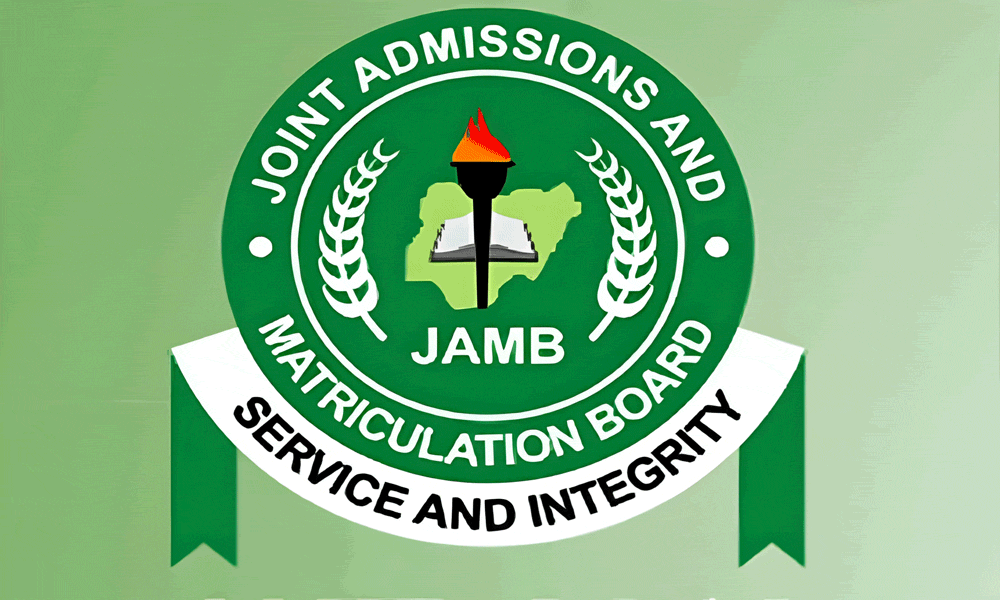Centenary Celebration: 10 Fascinating Facts About Akintola Williams @100
As Africa marks the 100th birthday of its first chartered accountant, Pa Akintola Williams, The PUNCH compiles 10 notable attributes and information about the centenarian.
Akintola was born on August 9, 1919, exactly a day after the Governor-General of the young Nigeria, Lord Frederick Lugard, stepped aside and handed over power to Sir Hugh Clifford who went on to administer the young country for six years.
Williams, who was the continent’s first chartered accountant and first president of the Institute of Chartered Accountants of Nigeria, also comes from a family of “many firsts.”
His younger brother, Rotimi Williams, was also the first Nigerian to be decorated with the title, ‘Senior Advocate of Nigeria;’ and he also set up the first indigenous Nigerian law firm in 1948 with Chief Remilekun Fani-Kayode and Chief Bode Thomas.
The law firm was called Thomas, Williams and Kayode.
Akintola, as a youth, was among the founders of Yoruba socio-political group, Egbe Omo Oduduwa, along with the late sage, Chief Obafemi Awolowo, and other notable politicians in the Western Region such as Chief Ayo Rosiji, who later became the Minister of Health.
Akintola’s firm, Akintola Williams & Co., is the first indigenous chartered accounting firm in Nigeria. Established in 1952, it had notable clients such as the defunct West African Pilot newspaper owned by the late President Nnamdi Azikiwe.
A lover of classical music, the centenarian is one of the brains behind the Music Society of Nigeria — operators of the MUSON Centre, Onikan, Lagos.
The nation’s oldest accountant was also involved in establishing the Nigerian Stock Exchange and he is the only surviving signatory to the original Memorandum and Articles of Association of the Nigerian Stock Exchange at the founding of the NSE in September 15, 1960.
Akintola has headed many government panels both at the state and federal levels. He was chairman of the Federal Income Tax Appeal Commissioners (1958-68); chairman of the Lagos State Government Revenue Collection Panel (1973); and chairman of the Public Service Review Panel to correct the anomalies in the Udoji Salary Review Commission (1975).
He is the last surviving member of the Coker Commission of Enquiry set up by the late Prime Minister, Tafawa Balewa, to probe the finances of the Western Region.
He was, for over 60 years, married to Mabel Efuntiloye Williams until her death in 2009. They both had two children, Tokunbo and Seni.
The 100-year-old accountant has served on the boards of many notable companies.
They include: Shell Trustees (Nigeria) Limited, John Holt Investment Limited, British-American Tobacco Company, BEWAC Limited, Bentworth Finance Limited, G. Cappa Plc , Universe Re-Insurance Company Limited, Mandilas Limited and United Nigerian Textiles Plc.
Culled from Punch



